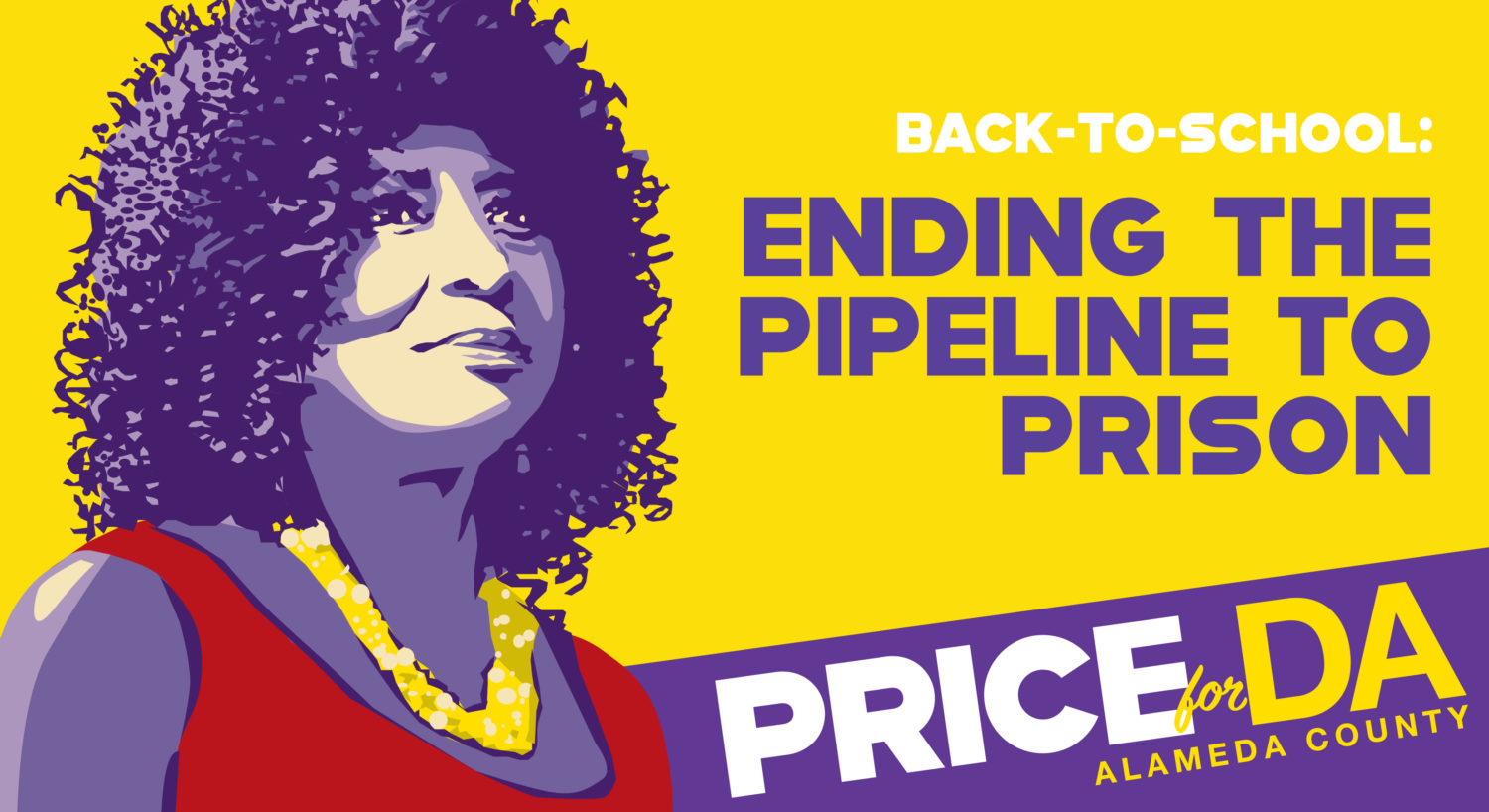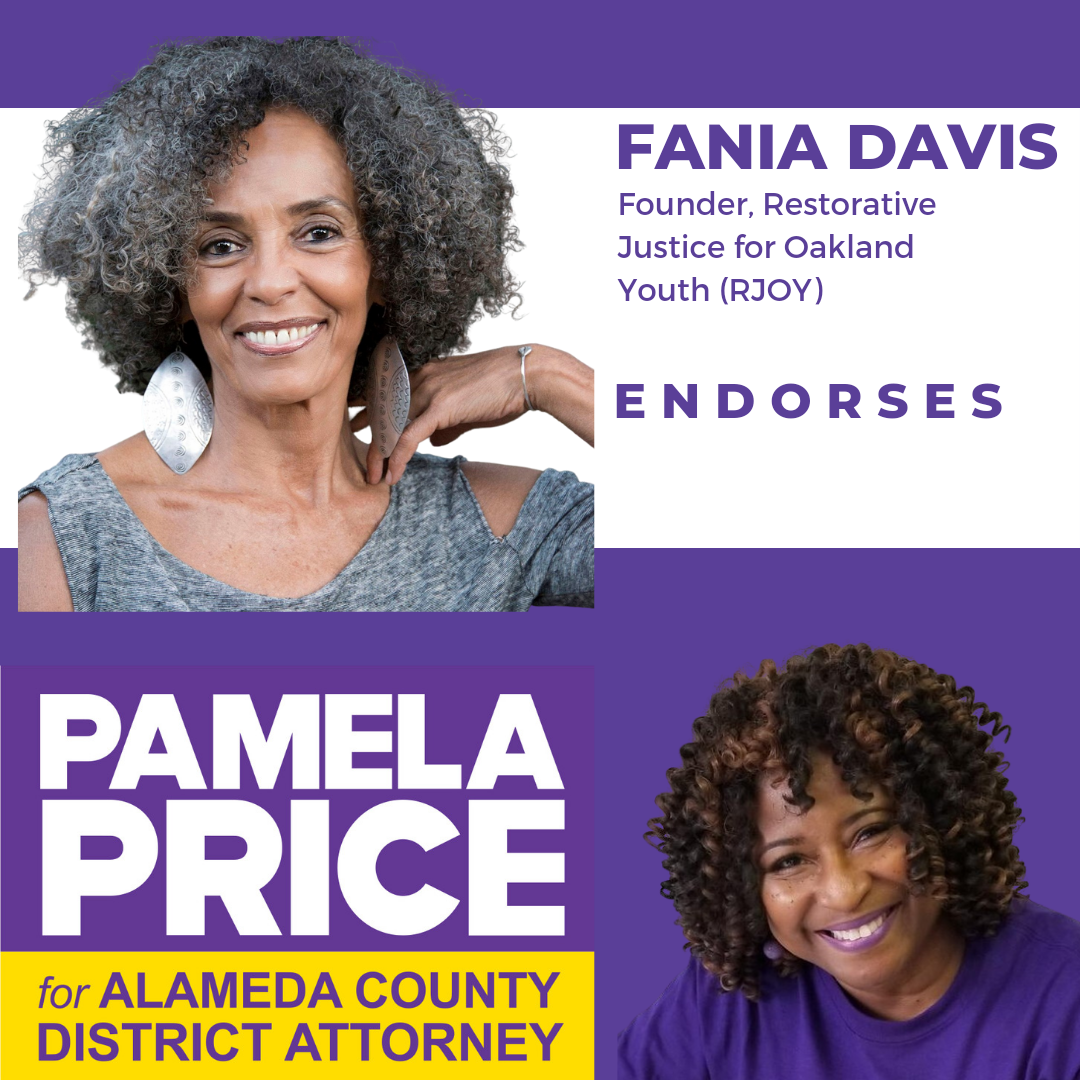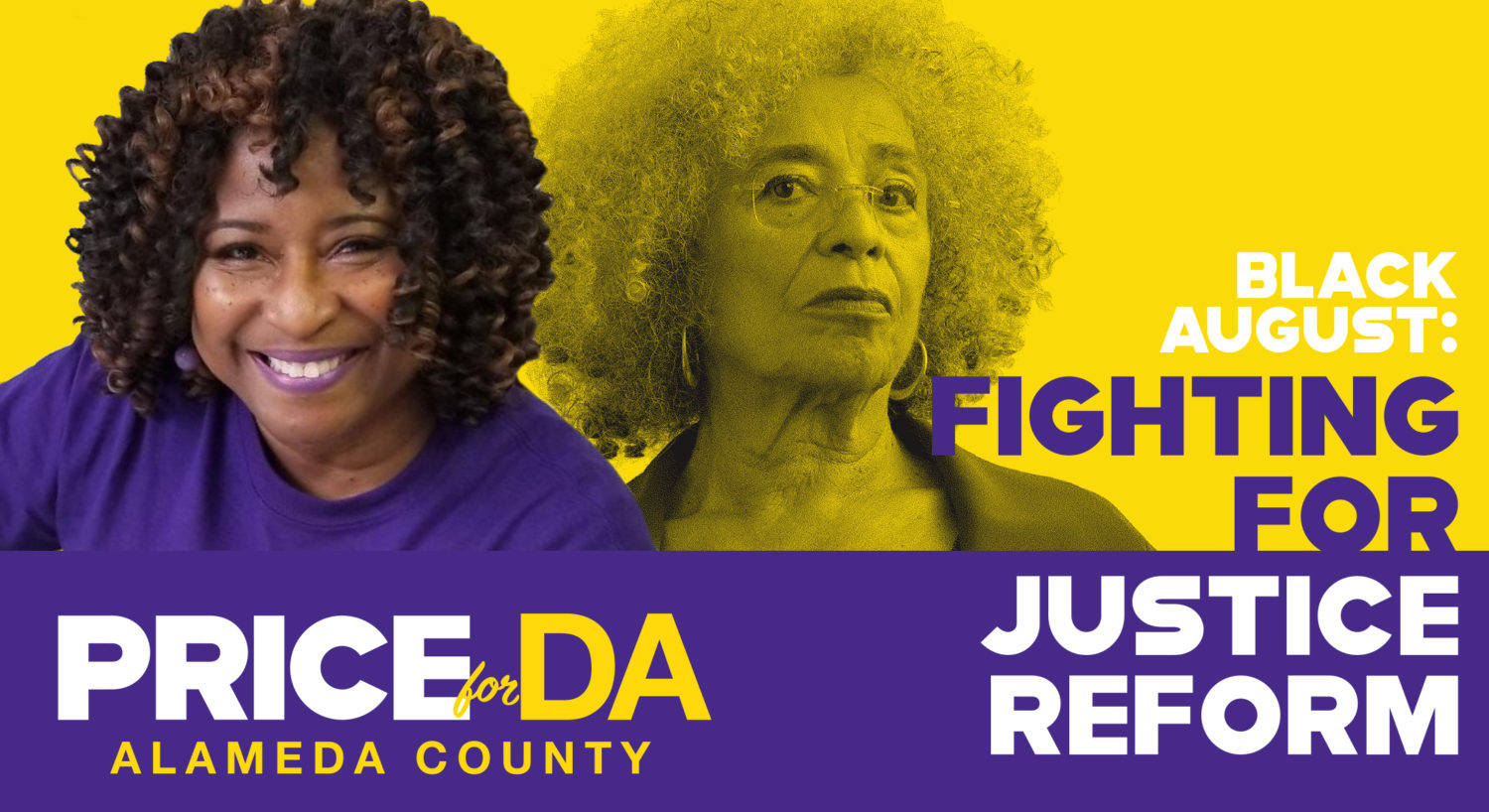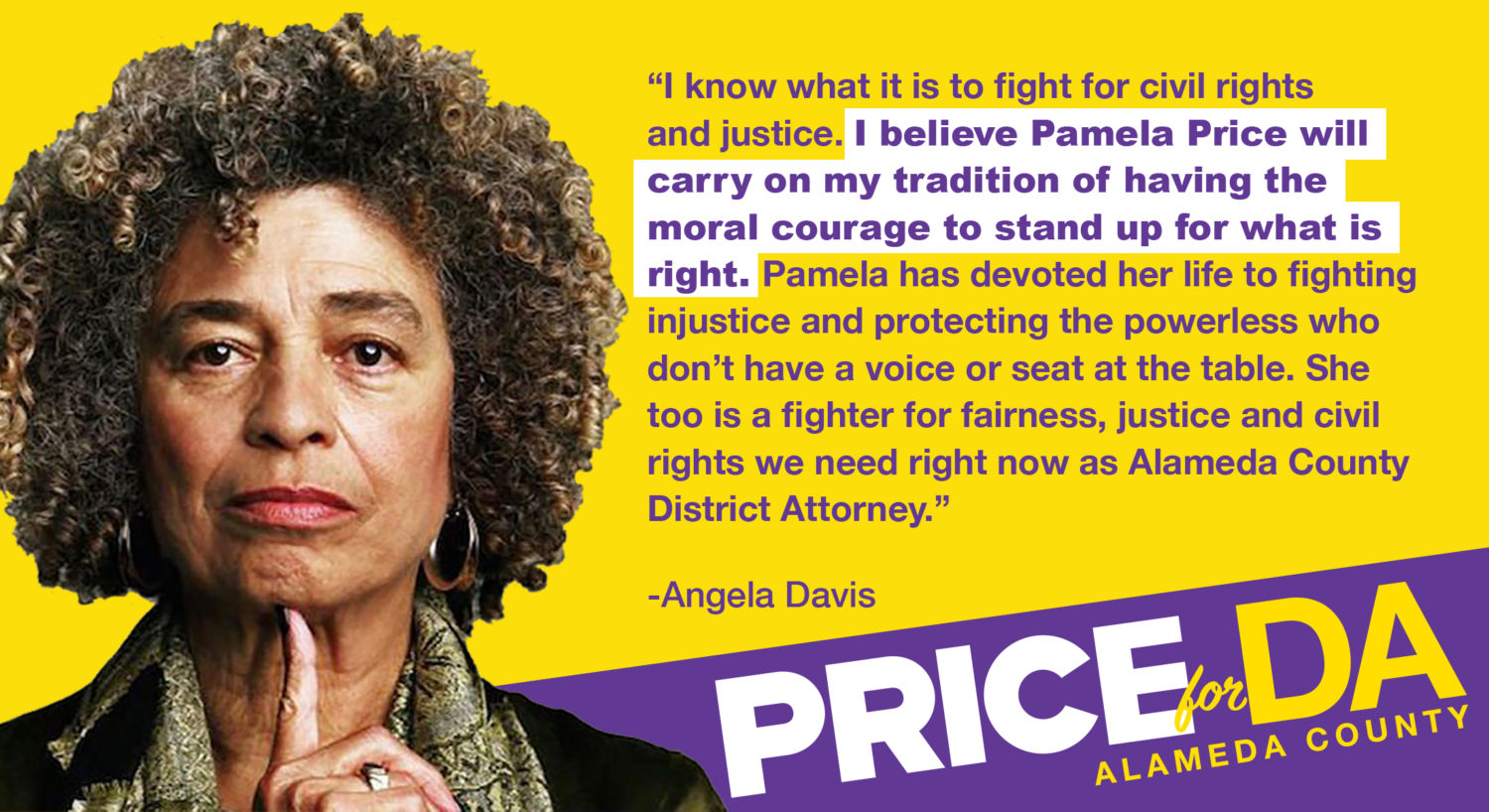
This week, across Alameda County, students are going back to school in the midst of a pandemic. Parents everywhere are at least concerned, if not fearful of what it means to go back to school in a pandemic. Student safety is a primary issue as COVID-19 and the Delta variant continue to ravage the human race. Trying to balance the consequences of learning loss with the health risks created by the pandemic has been extremely challenging for anyone trying to raise a child. The disproportionate impact that COVID has on communities of color is also amplified as decisions are made about safe learning environments and the available resources to protect children.
I am extremely sympathetic to the plight of parents and educators having to make hard choices and decisions in this season. My birth Mom and two of my foster Moms were educators, and they instilled in me the value of education. As the descendants of slaves who were prohibited from learning or knowing how to read or write, Black Americans have a “special relationship” with “getting an education.”
I know from my own life journey that “education is a game-changer.” We owe it to our children to give them the best possible education.
What Can the District Attorney Do?
As Alameda County District Attorney, I can support educators’ efforts to repair the harm caused by the pandemic by promoting restorative justice in our schools. Studies show that restorative justice provides students the chance to be productive, instead of violent – replacing harm by engaging everyone involved. Restorative justice gives students the tools necessary to become responsible residents, and address conflict with conversation instead of behaviors that could lead to interaction with law enforcement. Violence against women in adulthood often stems from our failure to address violence in our schools and on our playgrounds.
I am very proud of the support my law firm provided to Attorney Fania Davis, the founding Executive Director of Restorative Justice for Oakland Youth (RJOY). Fania founded RJOY in 2005. In the fall of 2008, we helped her make her final transition from law to RJOY. RJOY works to interrupt cycles of youth violence and incarceration by promoting institutional shifts toward restorative approaches. It actively engages families, communities, and systems to repair harm and prevent re-offending. RJOY also focuses on reducing racial disparities and punitive school discipline policies.

Fania Davis has endorsed me for Alameda County District Attorney. Fania leads a stellar and growing list of education leaders in Alameda County that have endorsed my campaign for DA.
Educators Across Alameda County Endorse Our Campaign

“More and more schools are embracing a restorative justice approach to find the reasons why a student may break rules. We need to address the causes versus resorting to punishment,” said New Haven Unified School Board member Melissa Shuen-Mallory. “It is paramount that we have the top prosecutor leading on the reform in the criminal justice system. Pamela’s model of compassionate justice is the best choice for Alameda County DA.”

Other educators across Alameda County agree with Shuen-Mallory. Many have endorsed our campaign to create a district attorney’s office that ends the over-criminalization of our youth.

“Pamela understands what it is like to be trapped in the pipeline. She knows the importance of restorative justice in our schools and transformative justice in education policy. It’s imperative our schools and criminal justice system work to not criminalize youth lives — particularly Black and Brown youth,” said San Leandro School Board Trustee, James Aguilar. “Having a District Attorney who embraces proven methods of reform will not only improve students’ lives, it will significantly improve community safety.”
We Must Break the School-to-Prison Pipeline
The school-to-prison pipeline is the culmination of “zero-tolerance” discipline policies, suspensions and school-based arrests. It thrives on the policing of non-violent behaviors like smoking on campus, uniform violations and cell phone use. These practices disproportionately impact Black and Brown students. In fact, the suspension rate for Black males in California schools is 12.8% compared to 3.6% for all students.
It is key that we work to build an education system that replaces punitive disciplinary policies with restorative justice. We need a justice system that stops charging and/or incarcerating youths under the age of 18 as adults. We must support educators and education leaders fighting for these changes. I am committed to reducing the racial disparities which lead to high rates of incarceration, suspension, and expulsion.
We have much work to do to recover from the COVID-19 pandemic in educating our children. I stand ready to work with educators across Alameda County to interrupt tragic cycles of youth violence. Those cycles lead to destructive behavior in adulthood, incarceration and a breakdown in public safety. We must break the school-to-prison pipeline to protect public safety and advance justice for all. We must also do everything possible to ensure that our children can go back to school without risking anyone’s life.



